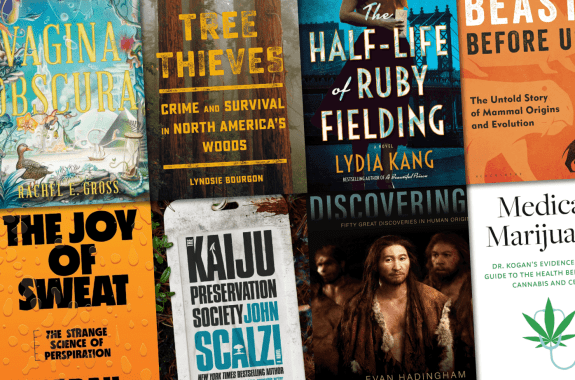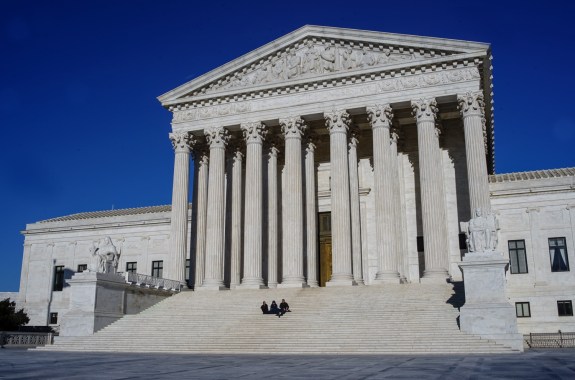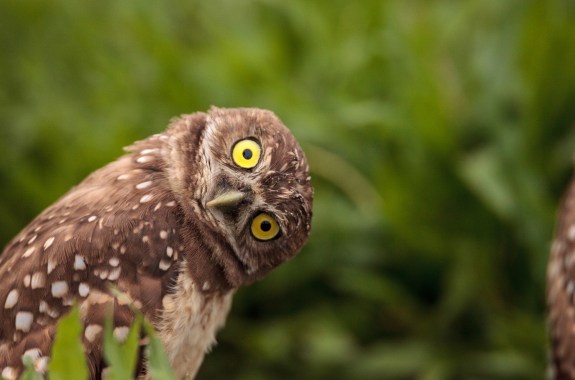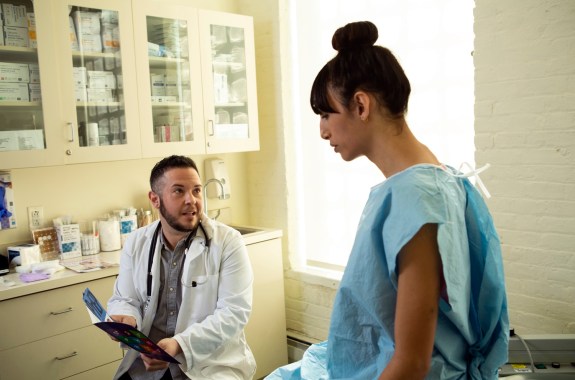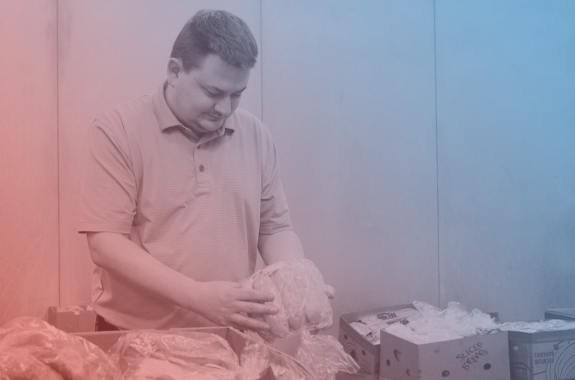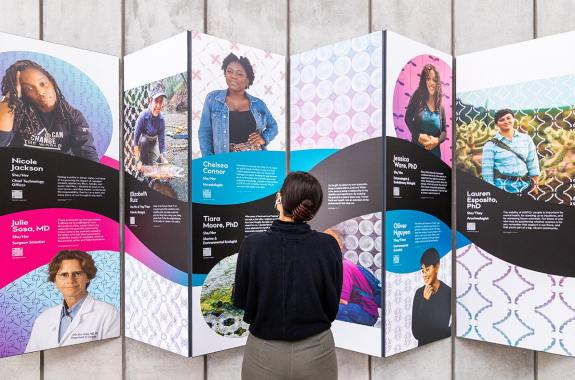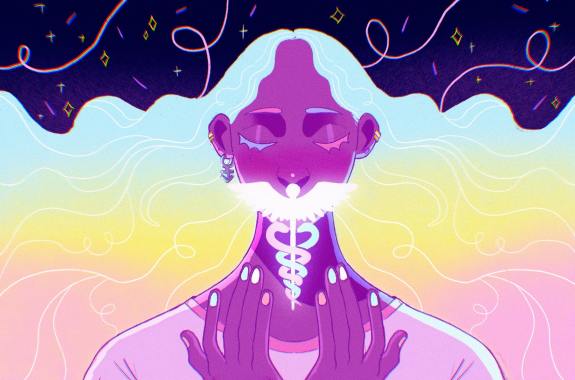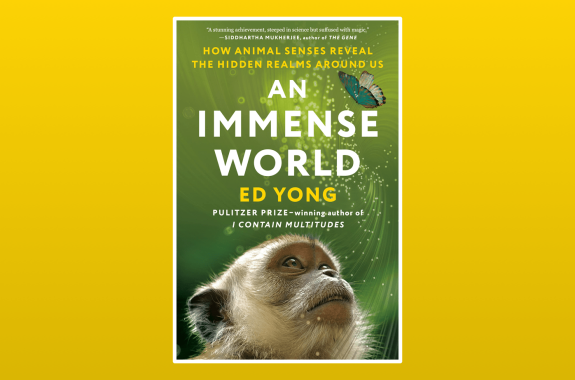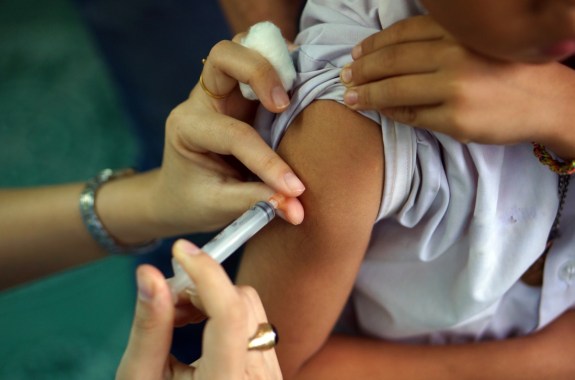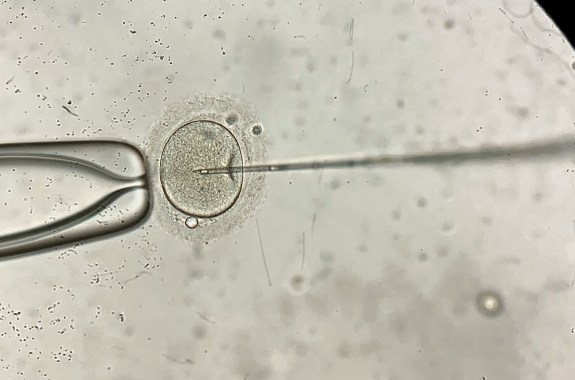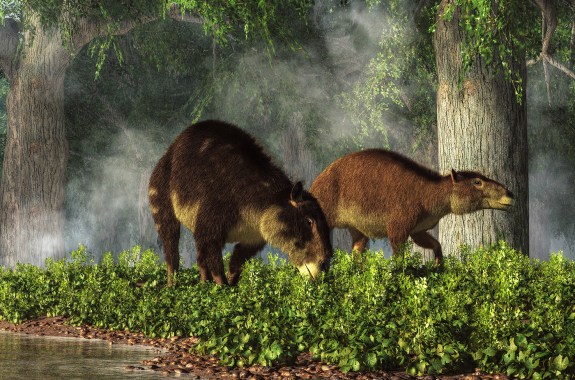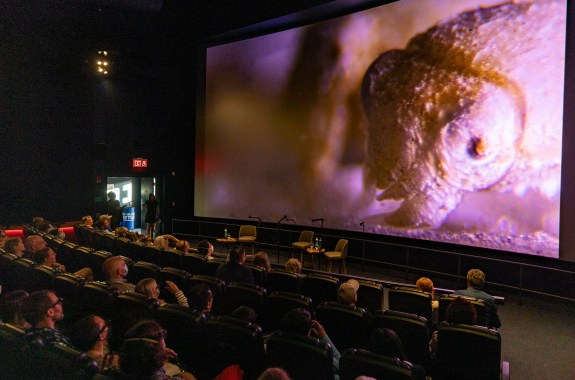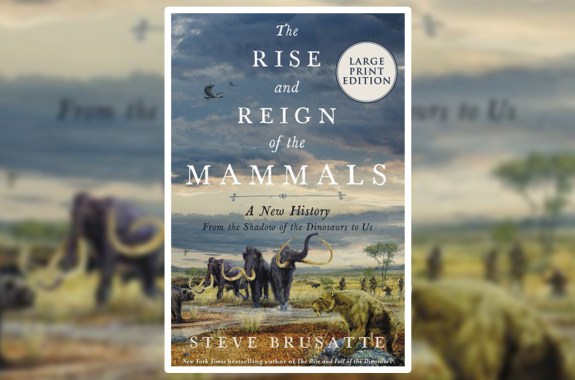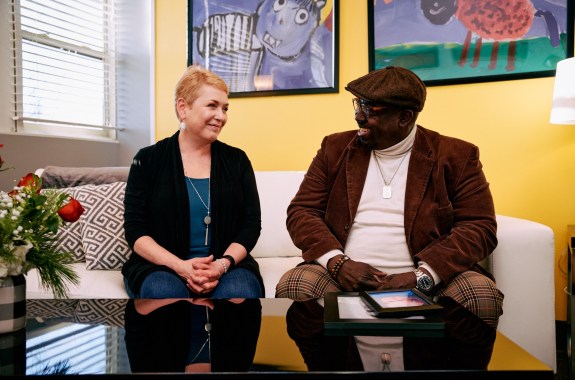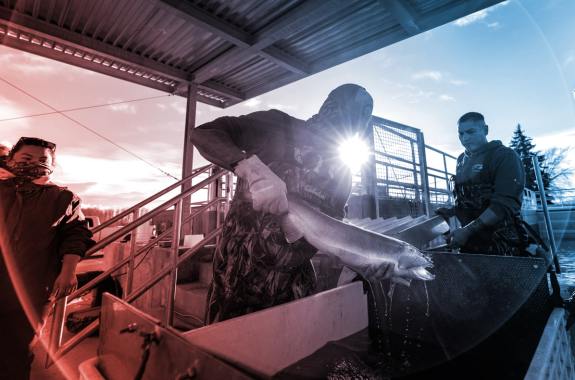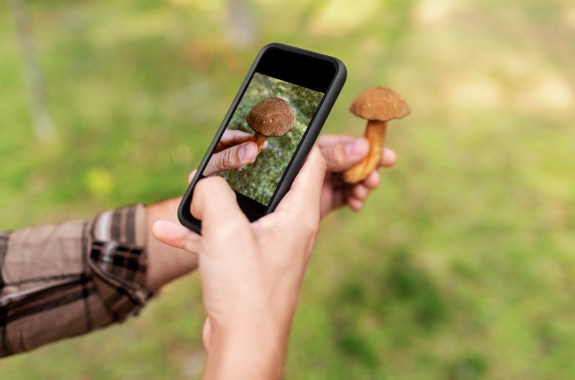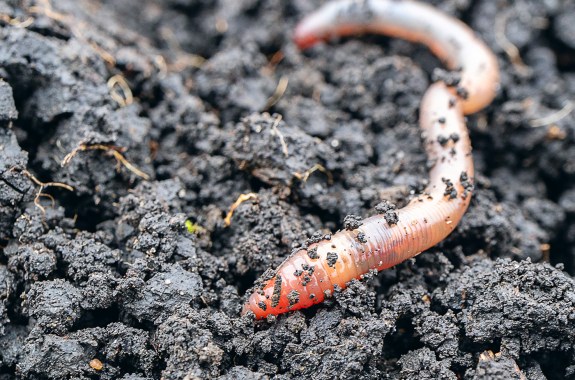February 21, 2025
The CEO of one of America’s oldest scientific societies discusses the recent cuts to scientific institutions, and how scientists can respond. Plus, flu infections are the highest they’ve been in nearly 30 years, and flu deaths this winter have surpassed COVID deaths. And, a video of a gloriously creepy anglerfish inspired tears and poetry online.
17:00
The Best Science Books To Read This Summer, 2022 Edition
From the last days of the dinosaurs, to an anatomical voyage of the vagina, our experts have your summer science reads covered.
Reproductive Health
Reproductive health rights are changing in America. Here’s what you need to know.
12:14
U.S. Supreme Court Overturns Roe V. Wade
The decision will have ripple effects on reproductive healthcare throughout the country.
33:18
The Millions Of Ways Animals Sense The World
We explore the amazing sensory abilities of the animal world, from heat-seeking beetles to fish that speak electricity.
12:03
What Does HIPAA Actually Do?
The Health Insurance Portability and Accountability Act is often cited when it’s not applicable. Here’s what’s covered and what’s not.
6:26
Food Pantry Venison May Contain Lead
Donated venison is an important source of protein for community programs, but many states fail to warn about potential lead contamination.
10:30
Museum Exhibit Celebrates Queerness In Science
A new exhibit at the California Academy of Sciences highlights 23 LGBTQIA+ scientists and their efforts to make STEM a more inclusive place.
17:35
“Research By Us And For Us”: How Medical Research Can Better Serve Trans Communities
Although gender-affirming care is safe and effective, there is more to learn about how to best care for trans people over the course of their entire lives.
How Science Came To See Ultraviolet Light In Animals
Ultraviolet perception is incredibly common in animals—just not in humans. Ed Yong dives into the history of how scientists saw the light.
12:24
FDA Approves COVID Vaccines For Kids Under Five
As early as next week, kids six months and older could begin getting the long-awaited COVID shots.
35:01
What Could Happen To IVF In A Post-Roe World
Efforts to restrict abortion could have major repercussions for those seeking common IVF treatments.
29:58
The Wild And Wonderful World Of Mammals
Author and paleontologist Steve Brusatte explains how mammals almost disappeared with the dinosaurs, but today reign supreme.
17:39
A Squid-tastic Night Out
Ira and undersea experts tackle audience questions at a Cephalopod Week celebration at Norwalk’s Maritime Aquarium.
How Mammals Came to Dominate The World
From reptile-like ancestors to humans, the new book The Rise and Reign of the Mammals tackles the diversity of mammals like us.
12:13
Americans’ Knowledge Of Reproductive Health Is Limited
As the nation awaits a momentous Supreme Court decision, a poll looks at opinions of and knowledge about reproductive health issues.
9:51
Some Doctors Want To Change How Race Is Used In Medicine
Race is often conflated with biology in medicine. A more nuanced approach is emerging: using culturally competent care in treatment.
7:32
How A $2 Billion U.S. Plan To Save Salmon In The Northwest Is Failing
Despite billions of federal subsidies, salmon survival is predicted to decline by 90% in the next four decades.
16:42
How A Facebook Group Helps People Identify Mysterious Mushrooms
Over 200 international mycologists and botanists volunteer their time to help identify poisonous plants and mushrooms in a Facebook group.
12:08
Are Invasive Jumping Worms Taking Over?
This destructive earthworm may not harm your garden, but scientists are worried about its impacts on ecosystems.
17:29
Plastic Surgery, Born In The Trenches
A new book explores the surprising roots of facial reconstruction surgery—the battlefields of World War I.
